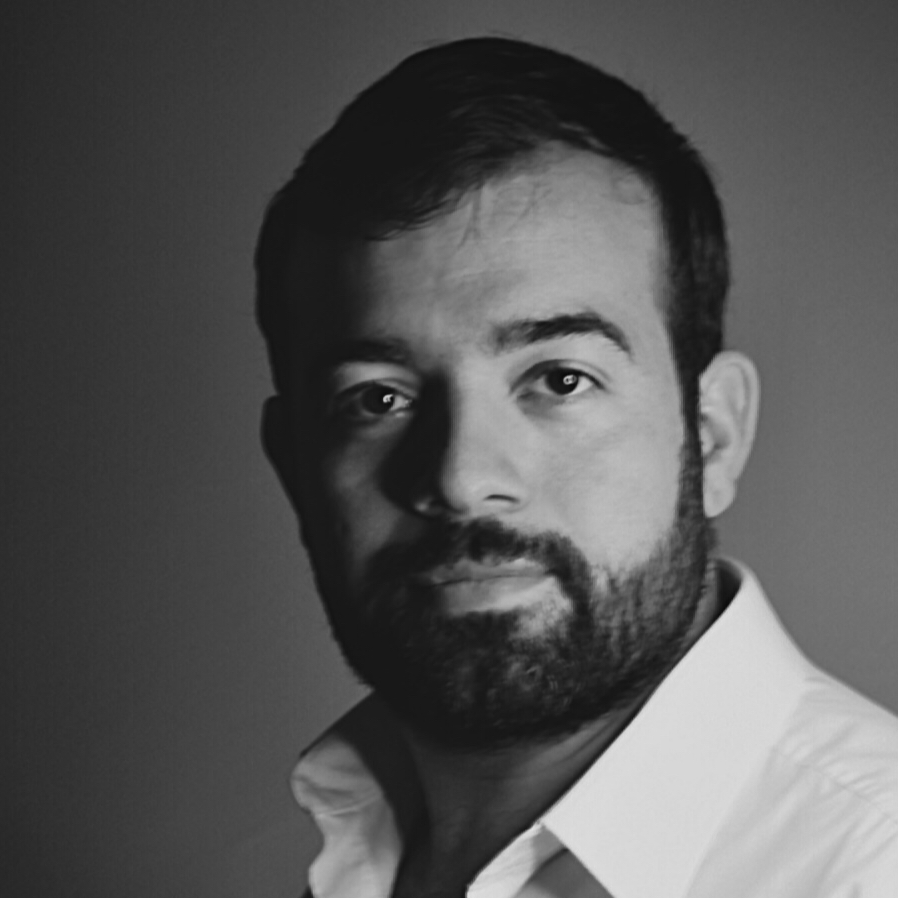In this edition of “Meet the members”, we interview Juan Darío Ortigoza-Escobar, a paediatric neurology consultant who leads the Movement Disorders Unit at the Paediatric Neurology Department of the Sant Joan de Déu Hospital in Barcelona, Spain. He will tell us a bit more about his work in the hospital, within ERN-RND and his expectations for the network.
1. What is your profession (department, affiliation, etc.) and your medical expertise or specific field of interest?
I am a paediatric neurology consultant who leads the Movement Disorders Unit at the Paediatric Neurology Department of the Sant Joan de Déu Hospital in Barcelona, Spain. I specialize in movement disorders as well as the treatments for these disorders (deep brain stimulation, baclofen intrathecal pump, etc.). In addition, I am very interested in mitochondrial disorders and genetic disorders. In paediatric movement disorders, understanding the pathophysiological basis of the diseases as well as the clinical symptoms of each patient is critical. This will allow us to provide patients with the most individualized care possible.
2. What do you like most about your work and what is the biggest challenge specially in regards to working on rare diseases?
What I enjoy most about my job is the opportunity to help children. Each patient with a rare condition is unique: from the moment I meet them until I diagnose them, including the fortunate circumstances where I am able to provide any kind of treatment for their condition. Every small improvement in these patients can be a huge win.
3. How do you participate in ERN-RND? Can you tell us about your experience presenting a case via the CPMS?
I am coordinator of the Chorea and Huntington Disease Group, as well as the Working Group for the Paediatric Issues Group. I am also a member of the Dystonia, NBIA, and Paroxysmal Disorders Group. During this time, I have developed the “Diagnosis algorithm for childhood-onset chorea” within the Chorea and Huntington disease group and I have presented it in a webinar.
I am now leading the creation of a “Diagnosis and treatment of NKX2-1-related disorder: ERN-RND clinical practice guideline” along with four other ERNs: Endo-ERN, ERN-Lung, ERN-GENTURIS, and EURACAN. This will be a very important initiative, since it is one of the first clinical practice guidelines developed by the ERN-RND. Additionally, in the paediatric group, I am studying the use of movement disorder rating scales among the ERN-RND neuropaediatricians.
In CPMS, I have contributed on both sides, first as an expert and also by presenting a clinical case. I have already used the previous CPMS, and the new one is more “user-friendly”. Preparing a clinical case for the current CPMS takes about the same amount of time as for other types of meetings. The participation of the assistants during the presentation is usually excellent since they ask many pertinent questions regarding the clinical case.
4. What are your expectations for the network?
It is extremely useful for everyone to be joined together in this ERN-RND with a common interest in rare neurological diseases. I hope the ERN-RND will continue to grow like it has in the past, adding more members from other countries, that collaboration evolves and that additional projects will be produced. In the ERN-RND, I have met many colleagues and we have started many joint projects. Through the webinars it provides, the ERN-RND also plays an important role in continuing to educate physicians about the diagnosis and treatment of rare neurological diseases.
5. How do you think patients and clinicians can work together/why do you think it is important?
The ERN-RND is a great example of collaboration between patients and medical organizations. The patient advocates in the ERN-RND are highly active, attend a lot of meetings, and always offer a fascinating point of view from the patient’s perspective. I believe that ERN-RND will benefit patients in the future through projects such as clinical practice guidelines and discussions of complex cases in the CPMS.
6. Is there anything you would like to add?
Finally, I would want to acknowledge and thank the coordinators and the coordination office of the ERN-RND for all of their efforts and hard work to ensure that projects continue to move as smoothly as they have.
You are an ERN-RND full member or affiliated partner and would like to participate? Please contact us.

